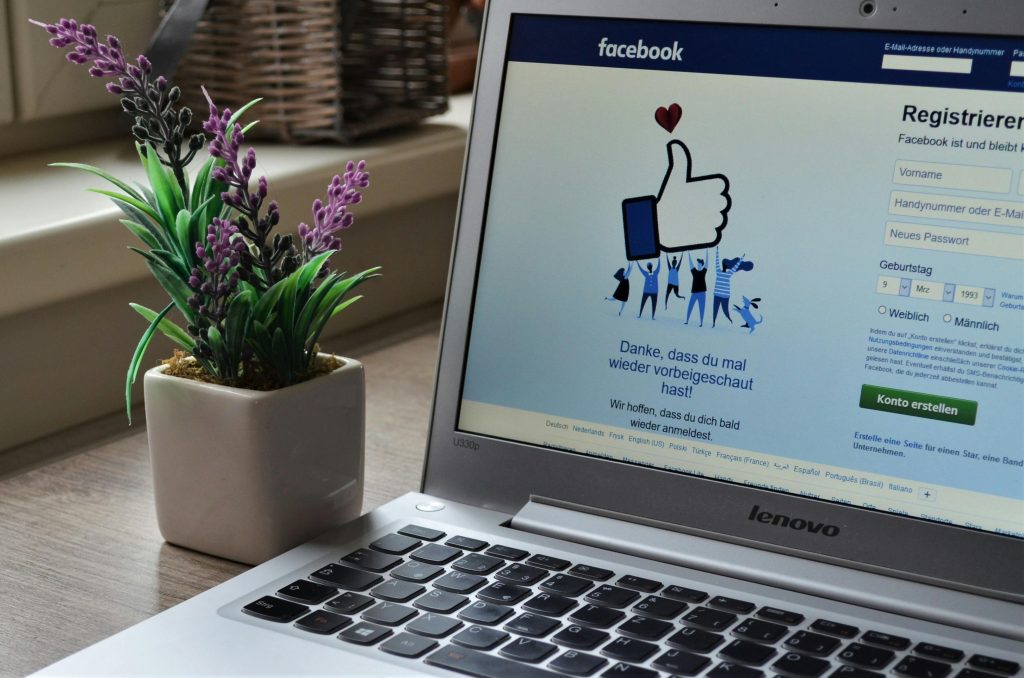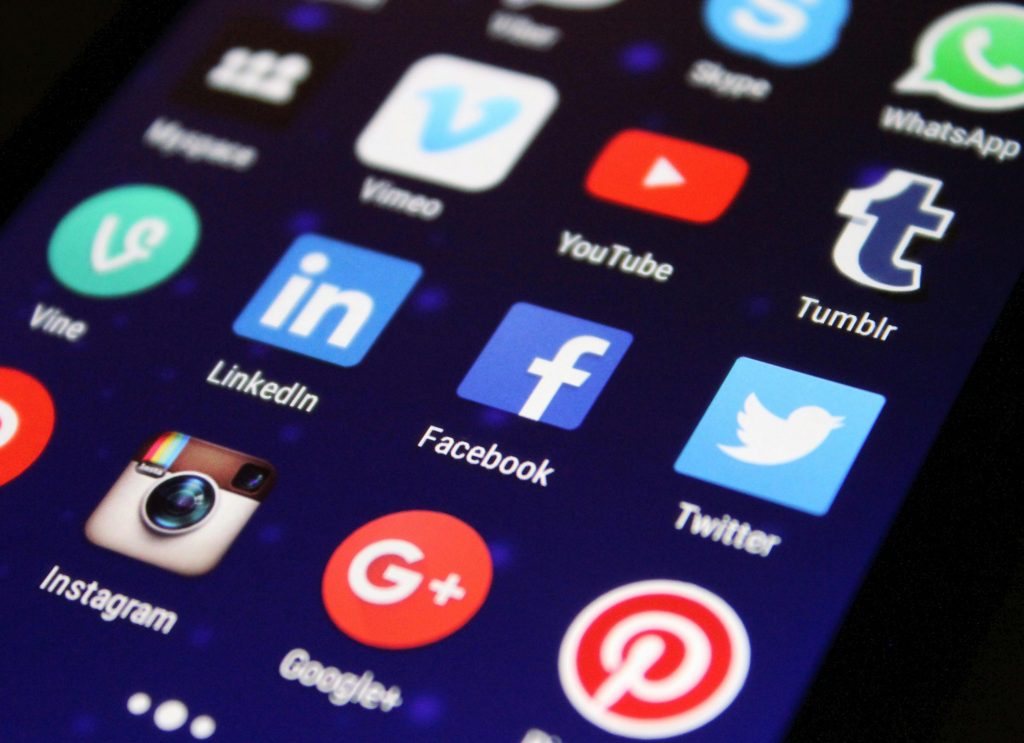Social media has become an integral part of daily life for billions of people worldwide, offering unprecedented opportunities for connection, information sharing, and community engagement. However, alongside its benefits, the pervasive use of social media platforms has raised concerns about its impact on mental health. This article explores the complex relationship between social media and mental well-being, highlighting the challenges, benefits, and ethical considerations associated with its use.

Challenges of Social Media on Mental Health
One of the primary challenges of social media is its potential to exacerbate mental health issues such as anxiety, depression, and loneliness. The constant exposure to curated and often idealized depictions of others’ lives can lead to feelings of inadequacy and social comparison. Research indicates a correlation between excessive social media use and increased symptoms of depression, particularly among adolescents and young adults who are more vulnerable to peer influence and validation online.
Cyberbullying and Negative Interactions
Another significant concern is the prevalence of cyberbullying and negative interactions on social media platforms. Bullying online can have devastating effects on mental health, causing emotional distress, low self-esteem, and in severe cases, suicidal thoughts. The anonymity and reach of social media make it easier for harmful behaviors to escalate, requiring proactive measures from platforms and users alike to mitigate the impact on vulnerable individuals.
Addiction and Digital Detox
Social media addiction is a recognized phenomenon characterized by compulsive and excessive use of social platforms, often to the detriment of real-life relationships and responsibilities. The constant notifications, likes, and updates trigger dopamine responses in the brain, reinforcing addictive behaviors. Recognizing the need for balance, some individuals opt for digital detoxes or mindful use of social media to reclaim time for offline activities and reduce dependency on digital validation.
Benefits of Social Media for Mental Health
Despite its challenges, social media offers significant benefits for mental health and well-being. Platforms provide avenues for social support, connecting individuals with shared experiences and fostering online communities that offer empathy, encouragement, and advice. Support groups for mental health conditions, such as anxiety or depression, allow individuals to share resources, coping strategies, and personal stories in a safe and understanding environment.
Raising Awareness and Destigmatizing Mental Health
Social media plays a pivotal role in raising awareness about mental health issues and promoting destigmatization. Celebrities, influencers, and organizations use their platforms to initiate conversations, share resources, and advocate for mental health awareness campaigns. Hashtags like #mentalhealthawareness and #endthestigma amplify messages of empathy and understanding, encouraging open dialogue and reducing societal taboos surrounding mental health discussions.
Educational Resources and Access to Information
Social media platforms serve as valuable sources of educational resources and information related to mental health. Mental health professionals, organizations, and institutions share evidence-based practices, self-help techniques, and resources for seeking professional support. Accessible content on coping mechanisms, mindfulness exercises, and mental health tips empowers individuals to prioritize self-care and seek timely intervention when needed.
Ethical Considerations and Platform Responsibility
Ethical considerations in social media use include data privacy, user consent, and platform responsibility in safeguarding user well-being. Platforms are increasingly scrutinized for their algorithms’ role in amplifying harmful content and creating echo chambers that reinforce negative beliefs or behaviors. Ethical guidelines and policies are essential to protect user privacy, ensure transparency in content moderation practices, and mitigate the spread of misinformation or harmful content related to mental health.

Conclusion
In conclusion, the impact of social media on mental health is multifaceted, encompassing both challenges and opportunities for promoting well-being in a digital age. While social media can contribute to feelings of isolation, comparison, and addiction, its benefits in fostering social support, raising awareness, and providing educational resources cannot be overlooked. Moving forward, addressing the ethical implications and promoting responsible use of social media are crucial steps towards harnessing its potential to positively impact mental health and cultivate a supportive online environment for all users.